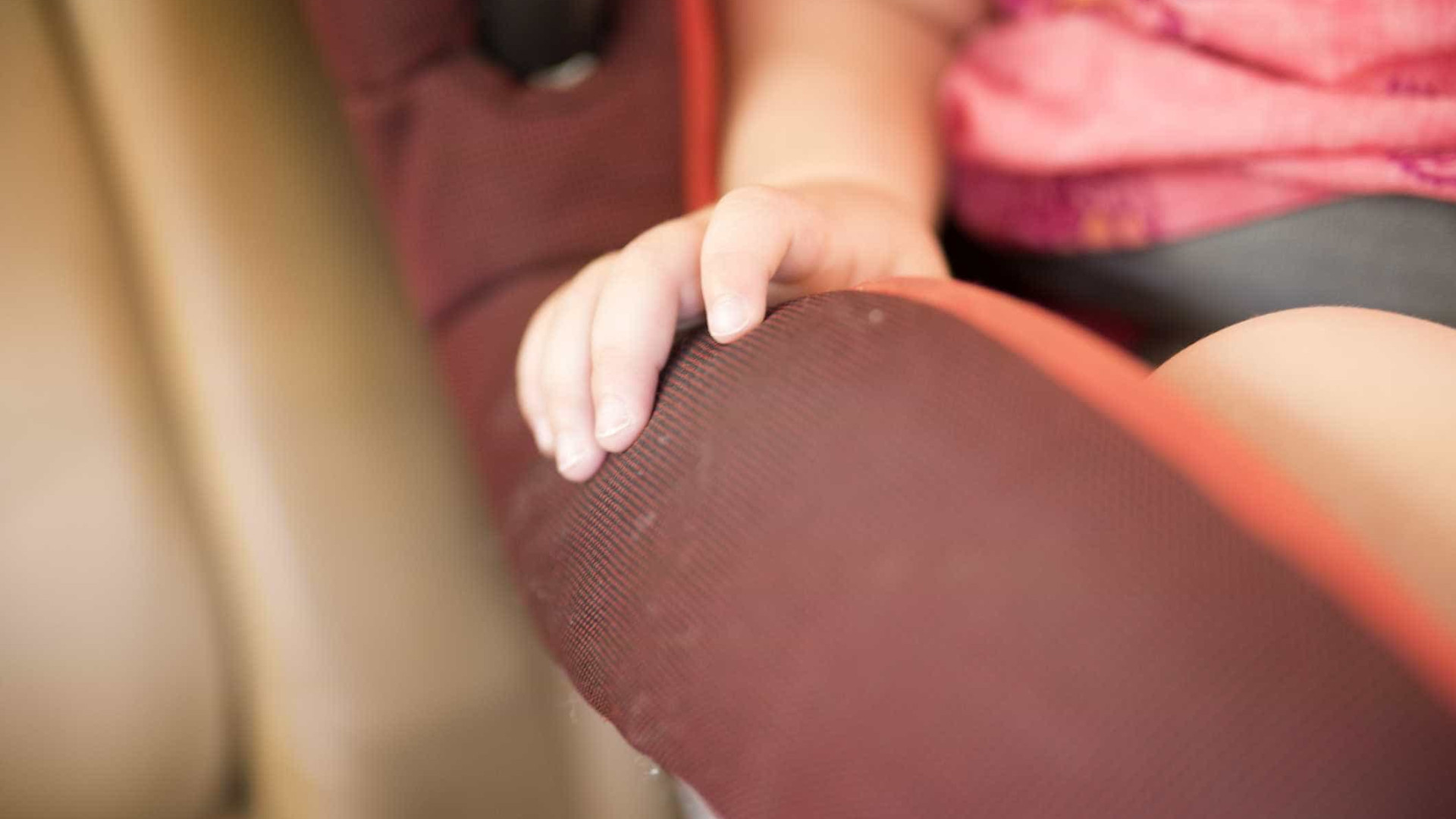TECH
Presented rob that will allow locomotion to children who do not walk

This robot (exoskeleton) is being developed under the Spanish ATLAS 2020 project and will be presented on Tuesday at one of the sessions of the 20th International Robotics Conference CLAWAR - International Conference on Climbing and Walking Robots and Support Technologies for Mobile Machines - which will take place until Wednesday, at the Higher Institute of Engineering of Porto (ISEP).
The exoskeleton, a pioneer in the pediatric area for neuromuscular diseases, allows locomotion and gait training for children with spinal cord injuries and type 2 spinal muscular atrophy, the second most common neuromuscular disease in childhood, researcher Elena García told Lusa , of the Spanish company Marsi Bionics, responsible for the project.
According to the specialist, this robot, lightweight (weighs about 12 kilograms) and adjustable in size for children from three to 14 years, allows them to improve motor level, reduce or delay complications, increase functional independence, quality of life and decrease disability.
However, to date, there was no medical device on the market that could provide them with locomotion and thus postpone complications resulting from the disease, a need that can now be bridged with this exoskeleton, he said.Clinical trials with the robot have already been conducted in Spain, at the Hospital Infantil de Sant Joan de Déu in Barcelona, and at the University Hospital Ramon y Cajal, Madrid, with "successful results," he added.
Lusa



No comments:
Post a Comment